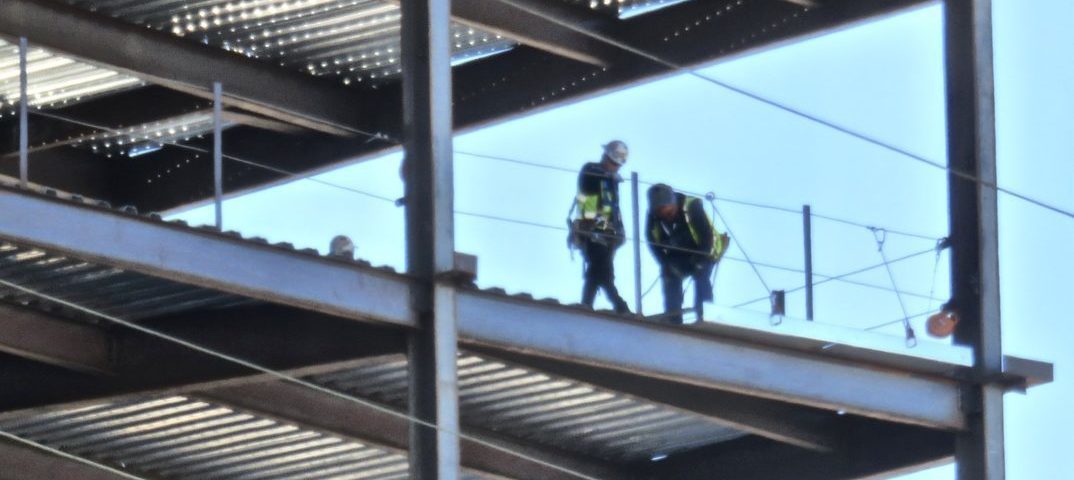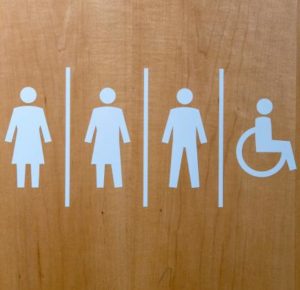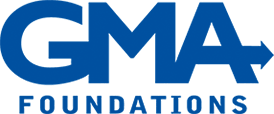
The opioid addiction crisis is unlike any public health epidemic in modern history. More than two million Americans and 15 million individuals worldwide are addicted to prescription opioids or heroin and the number rises every year. The crisis is overwhelming even the most experienced human services professionals and pervades every sector and demographic. Although health organizations, nonprofits, and funders face an extraordinary challenge with no simple answers or solutions, there is hope.
Perspectives from the field
Recently, GMA Foundations hosted a conversation with eight leaders of outstanding Boston-area organizations, each of whom brought a unique perspective to responding to the opioid addiction crisis. They were:
- Mayté Antelo-Ovando, Heading Home
- Barry Bock, Boston Healthcare for the Homeless
- Courtney Chelo, Children’s Mental Health Campaign – MSPCC
- Sydney Durand, The Phoenix – Boston
- Jessia Gaeta, Boston Healthcare for the Homeless
- Ray Levy, The Fatherhood Project – MGH
- Jodi Sugarmen-Brozan, MassCOSH
- Michael Underhill, The Phoenix – Boston
Three areas emerged as opportunities for interested funders or supporters to get involved: innovations in access, public information, and meaningful relationships.
Innovations in access to treatment
Access to treatment is essential to recovery. However, there is a disconnect between the demand for care and access to that care. This disconnect leads to people receiving support only once they’ve hit a crisis point, if at all. Although every case is different, if people are treated only when their addiction has reached a life-threatening low, it’s extremely difficult to provide effective care.
Providing access to care requires innovative approaches to ordinary services. Boston Healthcare for the Homeless deploys CareZONE vans to neighborhoods with high numbers of fatal opioid overdoses, giving people a safe place to receive care on-demand, where they are. This setup echoes efforts taken by MGH and The Hope Clinic to screen people in their usual medical visits and deliver addiction-specific treatment, if necessary.

Sydney Durand and Michael Underhill reported that, at The Phoenix’s top-notch facility, they’ve opened their gym to family members and scaled their programs to other gyms and neighborhood athletic facilities, giving people a safe, healthy, sober community and support system.
As independent entities offer access to care that is a part of people’s regular routines, the government has also taken steps to facilitate access. In 2019, Massachusetts’ governor prioritized a bill that puts parity in insurance reimbursement for mental health and addiction services while the state is also increasing its pediatric behavioral health urgent care spending.
Through prioritizing the convenience of treatment and some increased state spending, advocates are steadily improving access to care. As Durand said, “suspend your disbelief and fund innovation.”
Public information
Lack of understanding on all sides of the issue, from those in need to their families and the providers themselves, makes it difficult to offer support in a meaningful and timely way. Spreading information and reducing stigma are paramount to addressing the opioid crisis.
Work—with related injury, pain, stress—can be both a pathway to opioid addiction and also a potential pathway to recovery—with targeted education and supports, noted Jodi Sugarmen-Brozan. Overdose deaths have become the leading cause of workplace fatalities in the U.S., increasing by at least 25% annually between 2013 and 2017. Workers are swayed by these statistics and by information—lists of drugs that are opioids, or the role of Purdue Pharma in the epidemic. Now MassCOSH reports people seeking support who would not have in the past; the autoworkers’ recent collective bargaining included provisions for addiction treatment.
Stigma is a significant barrier at all levels of intervention. Reducing it is possible as a younger, more open-minded generation comes of age. Courtney Chelo cited the creation of tee shirts that convey messages like, “It’s OK to Not Be OK.” In a country and world where addiction is prevalent, youth must be encouraged to be compassionate and reminded that sadness is normal — and support is available. Likewise, schools are increasing awareness about opioids, offering in-school programs and helplines, and working to evolve the negative perceptions of “addicts” and the “road to recovery.”

In more tangible terms, Boston Healthcare for the Homeless has moved away from a punitive approach to its patients who are working through addiction, with a focus on safety. They welcome all into their facilities and allow access to public bathrooms and programs. Acknowledging that some patients may be using drugs in the bathroom, they’ve installed motion detectors inside that sound an alarm if the person has not moved in about three minutes, so that staff can intervene as soon as possible.
Improving the veracity and availability of the information around the opioid crisis and increasing compassion in our society are both crucial components to finding solutions. Right now, we’re at a generational crossroads with an outstanding opportunity to reframe the narrative.
Meaningful relationships
The opioid crisis and substance abuse, generally, are symptoms of an even larger and more concerning mental health crisis. People feel alone, unwanted, or unworthy in our ever-connected, constantly demanding world. Investing in the creation of meaningful relationships between people, their families, their communities, and care providers can literally save lives.
This effort takes many forms. At Heading Home, Mayté Antelo-Ovando said they use motivational interviews to dismantle self-defeating biases and encourage people to believe more in themselves. Boston Healthcare for the Homeless promotes self-driven care and helps patients engage with one another and their communities — developing practical skills that can translate to meaningful work.
Other approaches to developing relationships include personal storytelling, which allows people to validate their experiences, accept themselves, and find common ground with others that can serve as foundations for enduring relationships. Through peer to peer structures and normalizing conversations about addiction and substance abuse, people can truly understand they are not alone and find the support they need to get healthy.
Funding Responses to the Opioid Addiction Crisis
GMA Foundations’ recent conversation with local leaders surfaced reasons for hope in the fight against opioid addiction. Through innovations in access, improving public information, and investing in meaningful relationships, these organizations are making important progress. The problem is pervasive and persistent but with help from the community, funders, and committed organizations, it is not insurmountable.
Contact Carolyn Rau at GMA Foundations to discuss funding responses to the opioid crisis.
